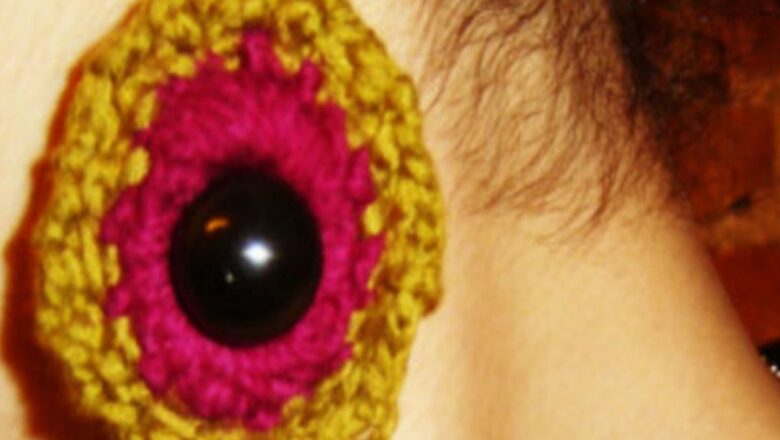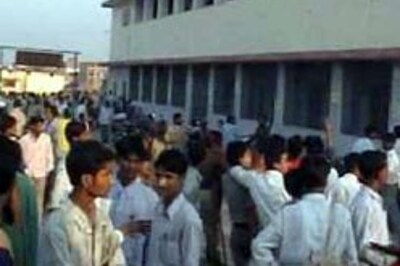
views
According to a 2019 report by the Central Pollution Control Board (CPCB), India generates almost 8 grams of plastic per capita per day. This amounts to a massive 3.3 million metric tonnes per year. In addition, there are reports saying that around 80% of the total plastic produced in the world enters our environment.
Looking at the aforementioned facts, it is clear that plastic is one of the environment’s evilest enemies. However, a few visionaries have identified the problem and formulated unique and creative ways to deal with this vile and vicious villain.
One such noble and equally creative vision surfaced into existence at a time when the world was seeing a great loss of lives and livelihood. EcoKaari, a social enterprise based in Pune, is upcycling plastic waste into attractive and aesthetic items ranging from handbags, fashion accessories, stationery products, office products, and home décor. And the central tool that the process requires is the most suitable representative of our swadeshi culture, the charkha (wooden spindle).
The initiative was fired up by Nandan Bhat, who aimed to conserve the environment and provide job opportunities to local artisans living in the hinterlands, especially the women and the youth. It also aimed at creating awareness among the masses about the terrible effects of plastic pollution.
The products that EcoKaari manufactures are made by turning specific kinds of plastic into fabric. This includes polythene bags, multi-layered wrappers of cookies, chips, detergent, etc., gift wrappers, bread packets, bubble wrap, and audio/video cassette tapes. EcoKaari doesn’t use oil and milk packets, straws, small sachets of shampoo, sauce, etc., straws, and CDs.
The enterprise sources its plastic waste from small companies that use plastic to pack food items and NGOs working with waste-pickers. Collaborating with such NGOs also gives birth to an alternative earning channel. They also collect plastic from many conscious citizens who donate their household plastic waste.
The process of turning trash into treasure starts from collecting plastic waste from various sources. The collection then goes through water and several cleansers. Following this, the clean plastic is dried, cut into strips, and are rolled on a traditional charkha before being woven into a handloom. Once these steps are done, the finished product goes to designers and tailors who bring life into the yarns of dead plastic waste. The entire process requires no chemicals, electricity, and heat, and thus, is entirely eco-friendly.
Talking about achievements and goals, EcoKaari has, in less than a year, upcycled more than 2 lakh units of plastic bags and wrappers. In addition, the enterprise has supported 22 rural artisans and plans to increase the number to 50 by the end of next year. EcoKaari holds export partners in countries like Dubai, France, New Zealand, Australia, Germany, the UK, Singapore, and the USA.
So the next time you have an empty plastic packet, consider donating it to EcoKaari, rather than throwing it in the dustbin, or god forbid, in the open. You may end up owning an exquisite handbag or plant pods.
Read all the Latest News, Breaking News and Coronavirus News here.




















Comments
0 comment